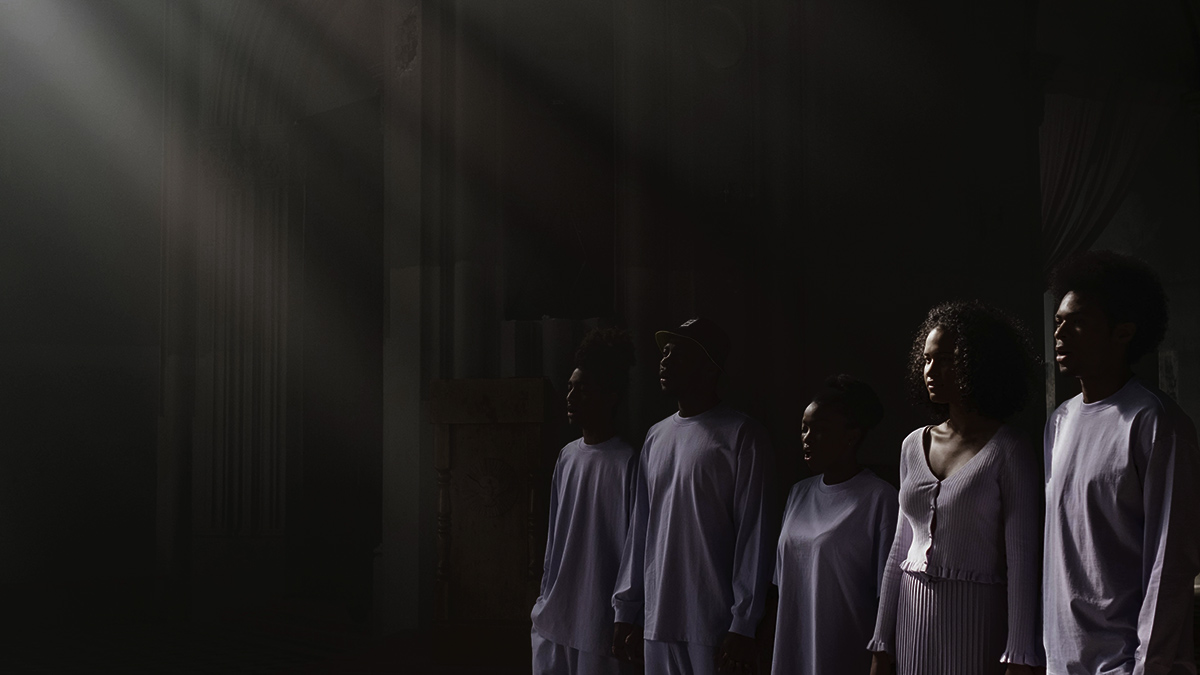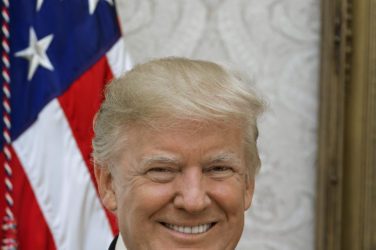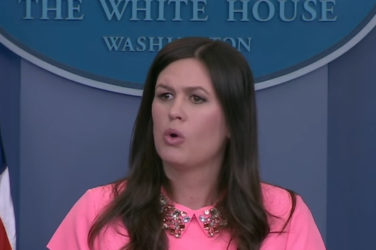"Harmony or Division: The Debate Over the Black National Anthem in America"
In recent years, discussions surrounding the "Black National Anthem," typically referring to "Lift Every Voice and Sing," have surged into the spotlight within the broader discourse in the United States. This anthem, penned by James Weldon Johnson in 1900, has emerged as a potent symbol of resilience, empowerment, and unity within the Black community. From one perspective, the singing and acknowledgment of the Black National Anthem signify a robust assertion of African American identity and pride. It serves as a poignant expression of solidarity and empowerment, reaffirming the resilience and dignity of the Black community. While it acknowledges the struggles of the past, it also inspires hope for a better future, fostering a sense of belonging and collective strength among African Americans.
Proponents in favor of incorporating the Black National Anthem alongside the traditional national anthem believe it fosters inclusivity and diversity, mirroring the rich tapestry of cultures within the United States. By embracing diverse cultural expressions, it's argued that it promotes a sense of belonging and recognition for all citizens, irrespective of race or background. This embrace of inclusivity aligns seamlessly with the values of equality and justice that the nation aspires to uphold.
On the contrary, introducing a separate national anthem for any specific racial or ethnic group risks sowing seeds of division and separatism within society. While diversity should undoubtedly be celebrated, promoting separate anthems based on race could inadvertently deepen racial divides rather than fostering unity and inclusivity. A national anthem should ideally represent all citizens equally, transcending individual backgrounds. Associate Professor of English at Clark Atlanta University and the author of a new book about the song, "Lift Every Voice and Sing," Timothy Askew, expresses his concerns:
To sing the 'black national anthem' suggests that black people are separatist and want to have their own nation.
Askew further elaborated on this point in an interview with the Atlanta Journal-Constitution, emphasizing,
Personally, I think that it does promote racial separatism to call any cultural symbol a national anthem when we have a national anthem. I’m a black person, and I love black culture, but I believe that we are one America and that we should think of ourselves as Americans. Calling this song an African-American song of identity is one thing, but saying it’s a black national anthem is another thing that creates problems that can be perceived as separatist or racist.
The label "black national anthem" poses inherent problems. By prefixing the noun 'national anthem' with the adjective 'Black,' it inadvertently implies a separate entity from the nation of America, suggesting the notion of a nation within a nation. This concept insinuates that Black people in America constitute a sub-nation or a completely equal yet separate entity. While the intent may be to honor the cultural heritage of 'Black Americans,' the adoption of a separate national anthem could unintentionally marginalize other minority groups and perpetuate feelings of exclusion or alienation. The question arises: Where do we draw the line? Should other ethnic or minority groups in America who feel marginalized by society also have their own national anthem? These are complex questions that demand careful consideration and dialogue within our diverse society.












Show Comments